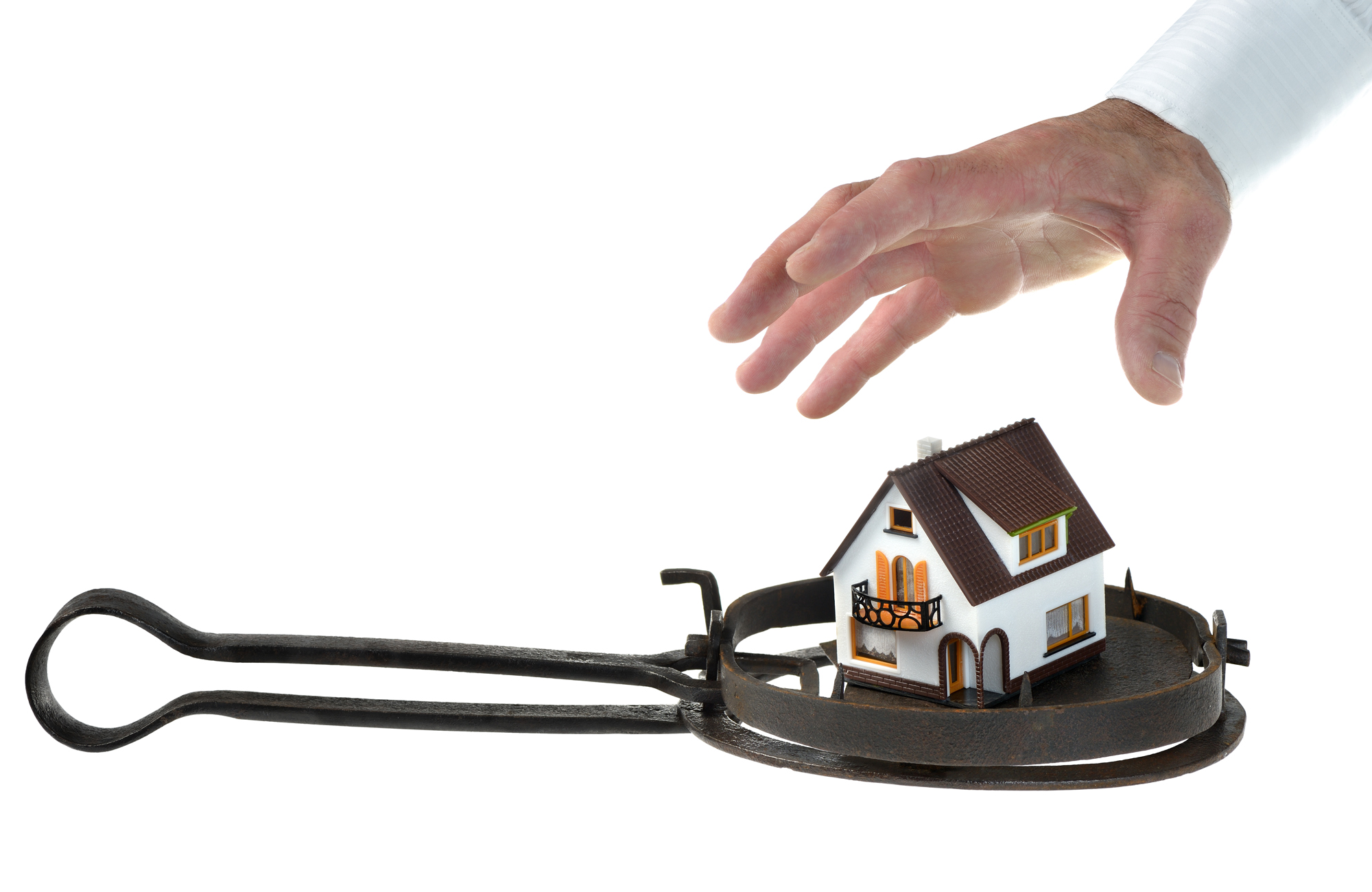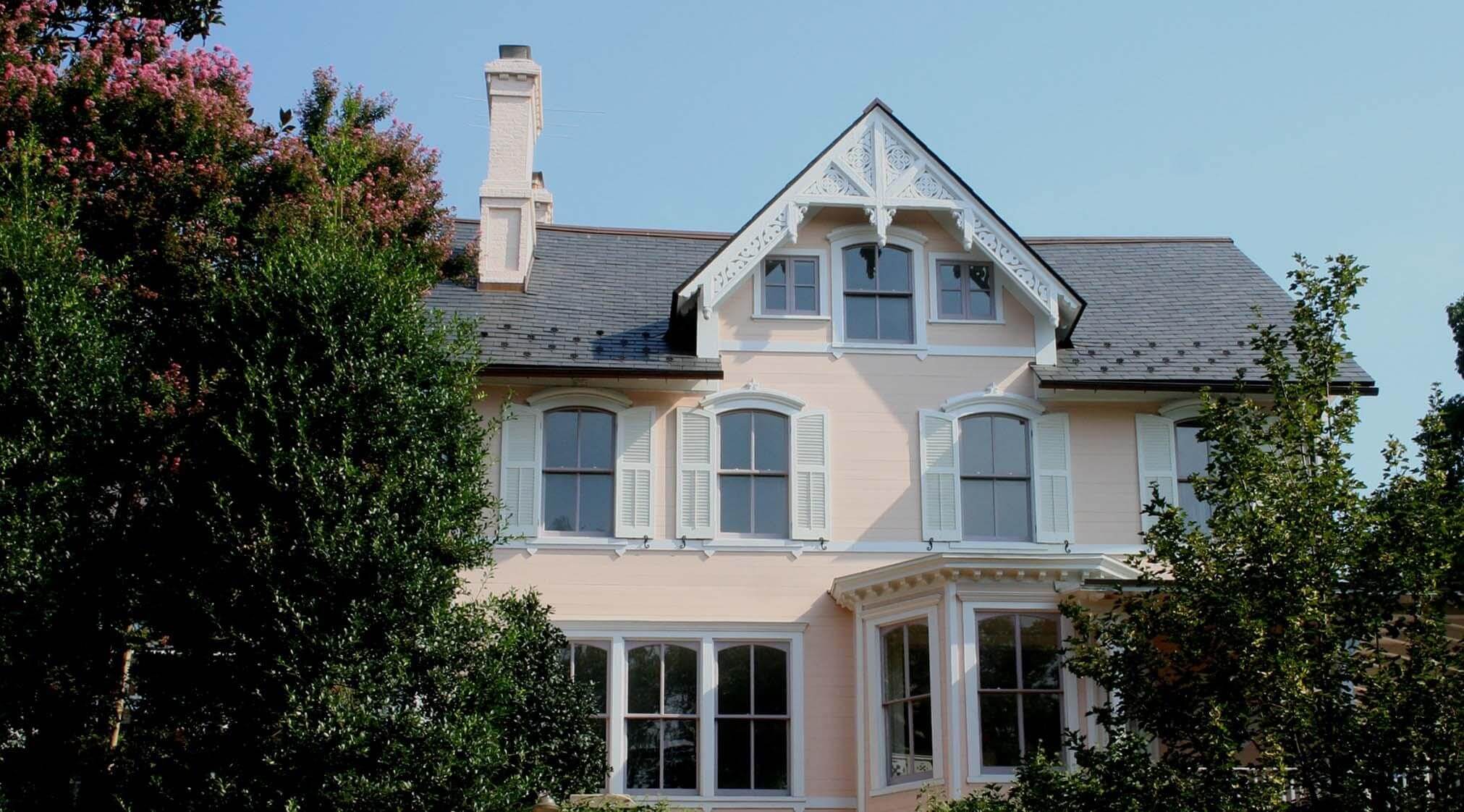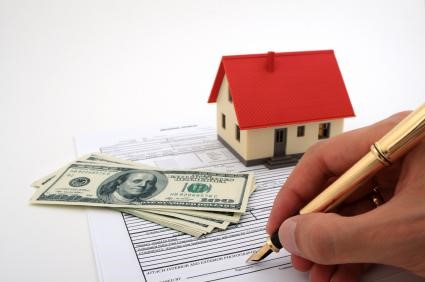What is a mortgage default?
A mortgage default occurs when a borrower fails to meet the terms of their loan agreement, typically by missing mortgage payments. According to LendingTree, "Your mortgage is considered to be in default after a payment is overdue by 30 days."
Arizona mortgage defaults and delinquency rates
According to a 2024 report from Construction Coverage, the mortgage default rate in Phoenix was 1.8%, which is below the national average. While Arizona-specific data for 2025 is limited, we can look at recent mortgage stats to understand trends and challenges facing homeowners.
2024 mortgage delinquency rates:
-
In September 2024, 3% of all US mortgages were delinquent, a 0.2% increase from the previous year.
-
The third quarter of 2024 saw a delinquency rate of 3.92% for 1–4-unit residential properties. While this was a slight decrease from the previous quarter, it marked a 0.3% increase from the previous year.
-
The balance-based 30+ days past due rate was 3.52% in Q3 2024, more than double the rate in Q2 2021.

Factors affecting mortgage delinquency rates
Economic growth, interest rates, home prices, high property taxes, mortgage application rates, and incentives from financial lenders all play a role in influencing delinquency rates.
In Arizona, mortgage news highlights ongoing financial pressures, including rising mortgage rates and inflation, which have impacted homeowners statewide. Despite these challenges, Phoenix remains below the national average for defaults, showcasing the resilience of the local housing market.
For the most current Arizona housing updates and strategies to manage mortgage delinquency, it’s essential to stay informed and explore all available resources.
How does the mortgage default process work in Arizona?
The process begins when your mortgage payment is 30 days overdue. At this point, your lender will send you a notice to warn you that you're behind on payments. If you’re unable to catch up, your lender may initiate foreclosure proceedings. In Arizona, foreclosures are typically handled through a non-judicial process, meaning the lender does not need to go to court to repossess the home.
It’s critical to address Arizona mortgage defaults as soon as possible to avoid losing your home and damaging your credit.
Common causes of mortgage delinquency in Arizona
Financial hardships can affect anyone, and even a small disruption to household income can lead to missed payments. According to the 2023 "Getting Paid In America" survey conducted by PayrollOrg (PAYO), 78% of Americans would face financial difficulty if their paycheck were delayed by a week. This marks a 6% increase from 2022, when 72% of individuals reported living paycheck to paycheck.
Common causes of mortgage delinquency include:
-
Job loss or reduced income
-
Rising interest rates
-
Unexpected medical bills
-
Inflation impacting household budgets
-
Other emergencies
What can you do if you’re facing Arizona mortgage defaults?
If you’re behind on your payments, there are steps you can take:
-
Refinance your mortgage. Look into refinancing to secure a lower interest rate or more manageable payments.
-
Contact your lender. Some lenders offer payment plans, forbearance, or loan modification options.
-
Seek HUD assistance. The U.S. Department of Housing and Urban Development (HUD) provides resources and counseling for homeowners. If you’re struggling to communicate with your lender, HUD-approved agencies can advocate on your behalf.
-
Explore FHA loan assistance. If you have an FHA-backed loan, you can contact HUD at 800-225-5342 for support.
Understanding mortgage defaults and delinquency rates can help homeowners navigate financial challenges and explore potential solutions. While economic factors continue to shape the housing market, staying informed and proactive can make a difference in managing mortgage obligations.
This blog is for informational purposes only and should not be considered legal advice.















